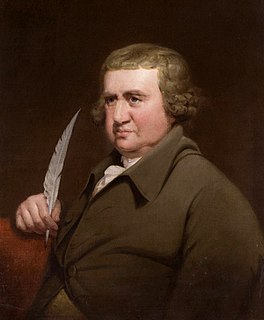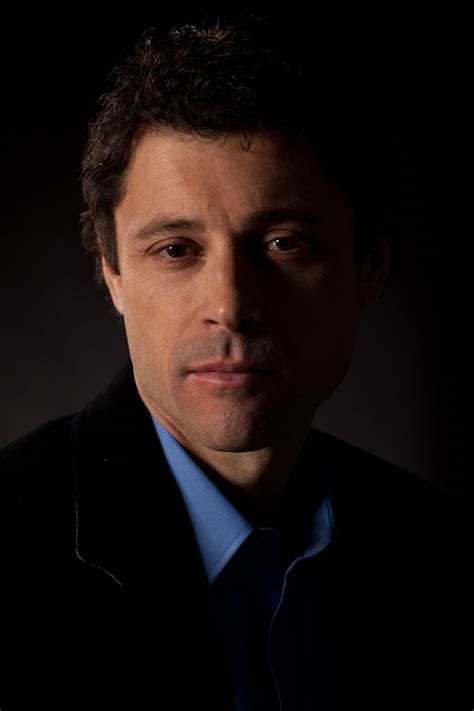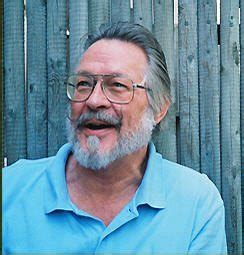A Quote by Dora Russell
If an adult uses violence on a child, the child will naturally assume that he too, has the right to use it on one smaller or weaker.
Related Quotes
In certain circumstances where he experiments in new types of conduct by cooperating with his equals, the child is already an adult. There is an adult in every child and a child in every adult. ... There exist in the child certain attitudes and beliefs which intellectual development will more and more tend to eliminate: there are others which will acquire more and more importance. The later are not derived from the former but are partly antagonistic to them.
Another thing very injurious to the child is the tying and cutting of the navel string too soon, which should always be left till the child has not only repeatedly breathed but till all pulsation in the cord ceases. As otherwise the child is much weaker than it ought to be, a part of the blood being left in the placenta which ought to have been in the child and at the same time the placenta does not so naturally collapse, and withdraw itself from the sides of the uterus, and is not therefore removed with so much safety and certainty.
Soothing touch, whether it be applied to a ruffled cat, a crying infant, or a frightened child, has a universally recognized power to ameliorate the signs of distress. How can it be that we overlook its usefulness on the jangled adult as well? What is it that leads us to assume that the stressed child merely needs “comforting,” while the stressed adult needs “medicine”?
Each and every child in this country is valuable because they are our future as a society. We cannot afford to lose a single child to ill-health, under-education, abuse, addiction, jail, or gun violence. America's highest goal should be for every child to grow up to be a successful young adult -- healthy, educated, free, secure, and a good citizen.
Nobody would seriously describe a tiny child as a Marxist child or an Anarchist child or a Post-modernist child. Yet children are routinely labelled with the religion of their parents. We need to encourage people to think carefully before labelling any child too young to know their own opinions and our adverts will help to do that.
A child is an eager observer and is particularly attracted by the actions of the adults and wants to imitate them. In this regard an adult can have a kind of mission. He can be an inspiration for the child's actions, a kind of open book wherein a child can learn how to direct his own movements. But an adult, if he is to afford proper guidance, must always be calm and act slowly so that the child who is watching him can clearly see his actions in all their particulars.


































